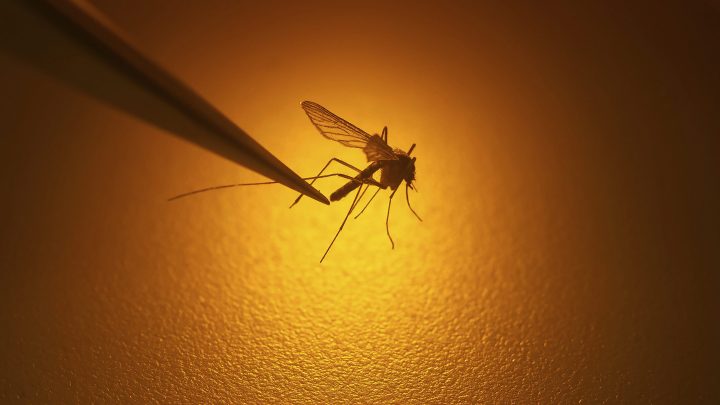For the first time this year, the Middlesex-London Health Unit says it has identified West Nile virus-positive mosquitoes in its jurisdiction.

The mosquitoes were from a trap in Glencoe, Ont., and the health unit is using the opportunity to remind the public to take steps to prevent bug bites.
“We’ve had an abundance of rainfall this summer, resulting in increased mosquito breeding and higher populations in some areas, so it is important to remain vigilant and protect yourself and family members from mosquito bites,” says MLHU vector-borne disease coordinator Jeremy Hogeveen.
“Cover exposed skin with light-coloured clothing, wear an insect repellant that contains DEET and avoid the outdoors at dawn and dusk, when mosquitoes are most active.
“Simple steps taken to reduce standing water around homes and cottages will also help to reduce mosquito populations in the community.”

Get weekly health news
The health unit says roughly 80 per cent of people who become infected with West Nile virus do not get sick. Those who do usually experience mild flu-like symptoms while fewer than one per cent of infected individuals become seriously ill.
The health unit says, since May, its vector-borne disease team has been conducting weekly mosquito monitoring at 250 standing water locations on public property in the region.
Additionally, the health unit says it has administered mosquito control treatments at 35,000 roadside catch basins in the region three times this summer.
The MLHU says it will “continue its surveillance and control efforts” throughout the region.
More information about West Nile virus in Middlesex-London can be found on the health unit’s website.









Comments